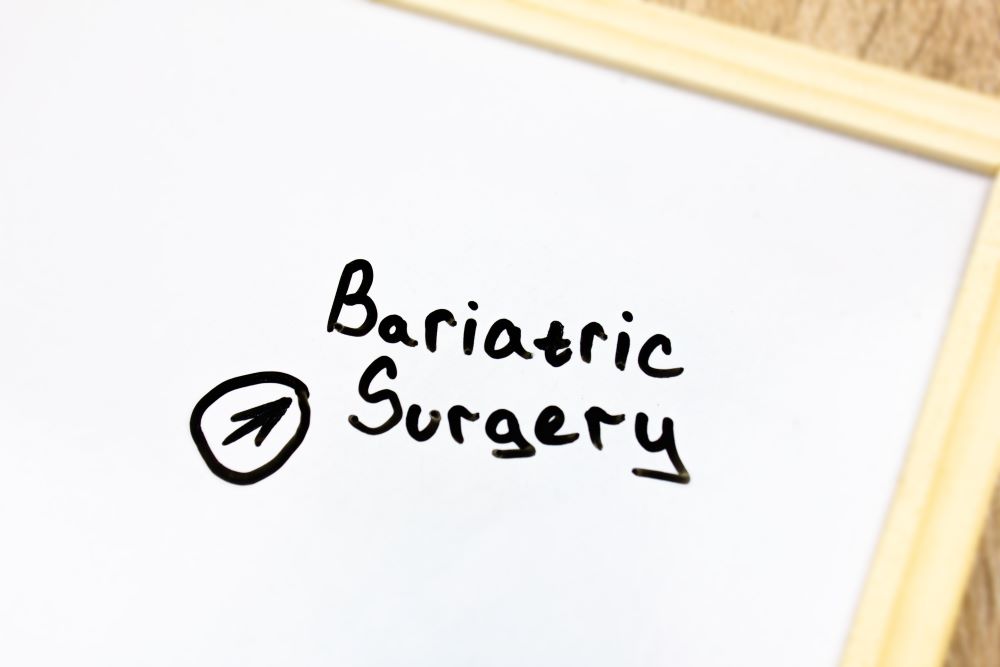
Bariatric surgery is a life-changing option for many people struggling with obesity and related health conditions. But despite its growing popularity, there are still several misconceptions and lesser-known facts about the procedure. If you're considering weight-loss surgery — or simply want to learn more — here are five things you may not know about bariatric surgery.
1. Insurance often covers it — with conditions.
Many people don't realize that bariatric surgery is often covered by insurance, as long as specific medical criteria are met. Most insurance plans require patients to have a body mass index, or BMI, of 40 or higher — or a BMI between 35 and 39.9 with obesity-related health conditions such as type 2 diabetes, high blood pressure, obstructive sleep apnea or nonalcoholic fatty liver disease.
If your BMI is above 40 (typically 100 pounds or more overweight), insurance companies generally consider you high risk enough to qualify for coverage, even without additional conditions.
2. Chronic conditions don’t disqualify you — they’re a reason to act.
Patients often assume that existing medical conditions like heart disease or diabetes make them poor candidates for surgery. In reality, it’s quite the opposite. These conditions are often caused or worsened by excess weight — and bariatric surgery can help reverse them.
In fact, studies show an 89 percent reduction in five-year mortality for patients who undergo bariatric surgery. That means a significant decrease in the risk of dying from weight-related illnesses simply by losing weight through surgery.
3. Recovery is faster than you might think.
Thanks to modern surgical techniques like laparoscopy and robotic-assisted surgery, recovery times are surprisingly short. Most bariatric procedures take just one to two hours and are performed through a few small incisions. Patients typically stay in the hospital overnight and return to normal activities within a few days.
These minimally invasive methods make the entire experience far less daunting than many expect.
4. Your diet isn’t restricted forever.
One common concern is that life after bariatric surgery means a lifetime of strict dieting. Fortunately, that’s not the case. While your diet will be temporarily restricted around the time of surgery, it gradually expands.
Most patients begin with a protein-based liquid diet a couple of weeks before surgery to reduce liver fat and make the operation safer. After surgery, there’s a short period of liquids followed by soft foods. Within a month, most patients are back to eating a wide variety of healthy foods.
The goal is not lifelong restriction but a sustainable, balanced lifestyle.
5. Bariatric surgery can improve fertility.
Many women worry that weight-loss surgery will affect their ability to have children. In reality, bariatric surgery often improves fertility — especially for those struggling with obesity-related infertility.
It's common for women to become more fertile soon after surgery, which is why doctors advise using birth control during the first 12 to 18 months. Getting pregnant too soon can interfere with weight-loss goals, but once the body stabilizes, pregnancy is typically safe and healthy.
Bottom line: Bariatric surgery is more than a weight-loss tool — it can be a gateway to a healthier, more fulfilling life. If you’ve dismissed it because of something you’ve heard, it may be worth taking a second look. Talk with a qualified bariatric surgeon to see if it’s the right option for you.
Content provided by Northside Hospital Surgery & Weight Management, which offers specialists and comprehensive solutions for when diet and exercise are not enough.
Learn more about bariatric surgery at Northside Hospital.
